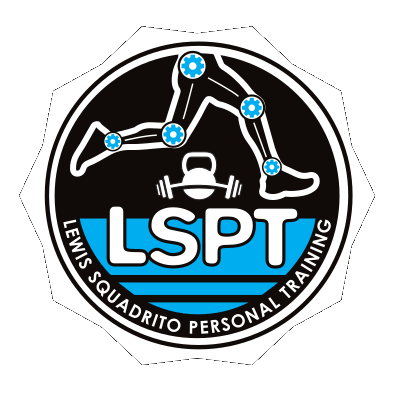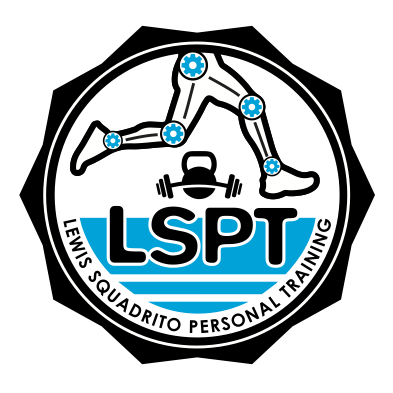Building a better mindset
Have you ever found yourself tirelessly chasing after goals, only to feel unfulfilled even when you achieve them? This perpetual cycle of striving without satisfaction is what Dan Sullivan, the author of 10x is Easier than 2x, calls living in “the gap.” But what if I told you there’s a transformative way to view your progress and achievements that can lead to not only greater satisfaction but also unparalleled growth? This is where Sullivan’s groundbreaking concept of “the gap and the gain” comes into play, a mindset shift that is crucial for athletes and the general population alike.
The Gap is a trap!
Imagine an athlete, Alex, who dreams of winning a marathon. Alex trains hard, improves steadily, and finally wins. But instead of basking in the glory of achievement, Alex immediately focuses on the next goal, barely acknowledging the victory. This is living in “the gap” – the space between where we are and where we think we should be. The gap is a place of perpetual dissatisfaction, where achievements are overshadowed by unmet aspirations. In the gap, the goalposts are ever shifting. As Alex gets closer to achieving goals, they no longer seem big enough, attractive enough, or good enough. Instead of focusing on the current goal, Alex shifts the target forward to greater things. Then, when the first goal is achieved, it no longer feels like an achievement worth celebrating. Alex has belittled it and moved to the next stage too early, making no achievement good enough and no victory worth winning
The Power of the Gain
Now, consider another scenario where Alex, after winning the marathon, takes a moment to reflect on the progress made. Alex thinks about how insurmountable running 10km was when he started, the early morning runs, the improved times, the discipline, and the personal growth that led to this victory. This reflection is what Sullivan calls living in “the gain” – focusing on the progress and achievements made along the way. It’s about measuring backward, not forward, to see how far we’ve come.
Why Does It Matter?
For athletes, the “gain” mindset fosters a positive mental environment that enhances performance. It builds resilience, encourages a growth mindset, and promotes long-term engagement in their sport. Instead of being daunted by the journey ahead, athletes can draw motivation from their past successes and lessons learned.
But what about the general population? How does this mindset shift affect those of us who aren’t competing on the field or on the track?
The Everyday Impact
Sarah, a graphic designer, always felt like her work was not good enough, comparing her designs to those of more experienced designers. She lived in the gap, where her growth and achievements seemed negligible. After adopting the gain mindset, Sarah began to acknowledge her development, celebrating small victories and learning from feedback. This shift not only improved her design skills but also her well-being and job satisfaction.
The Universality of the Concept
Why is the gap and gain concept so universally beneficial? It’s simple: humans are wired to strive for improvement, but not at the cost of their happiness and mental health. By focusing on the gain, individuals can enjoy the journey toward their goals, leading to a more fulfilling life.
In sports, this mindset encourages athletes to appreciate their training process, progress and competition, leading to increased motivation and reduced burnout. For the general population, it promotes personal and professional growth by valuing incremental improvements and fostering a positive self-perception.
Conclusion: The Journey Matters
So, is it time to shift your focus from the gap to the gain? By doing so, you not only celebrate your achievements but also cultivate a mindset that appreciates the journey itself. Whether you’re an athlete pushing your limits or someone pursuing personal or professional goals, remember that the steps you take and the progress you make are worth recognizing and celebrating. After all, isn’t the journey just as important as the destination?


